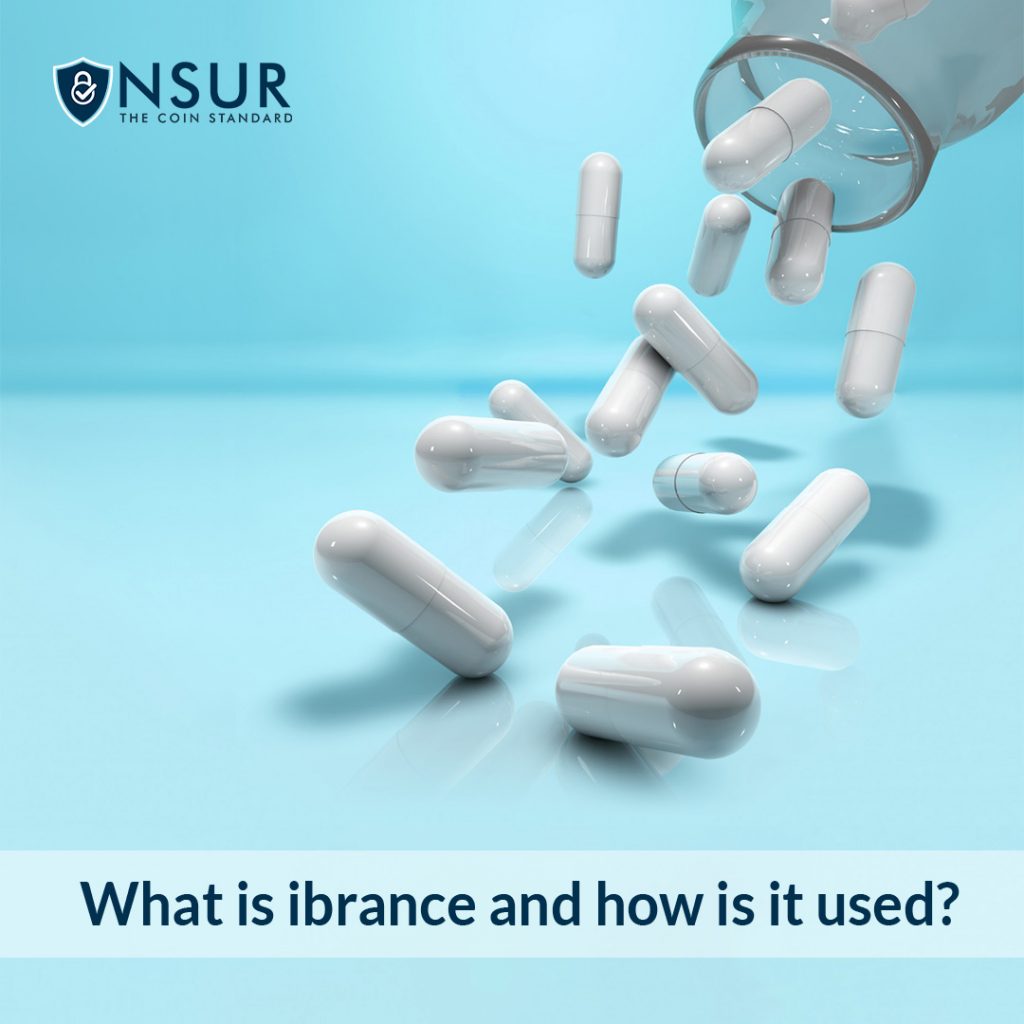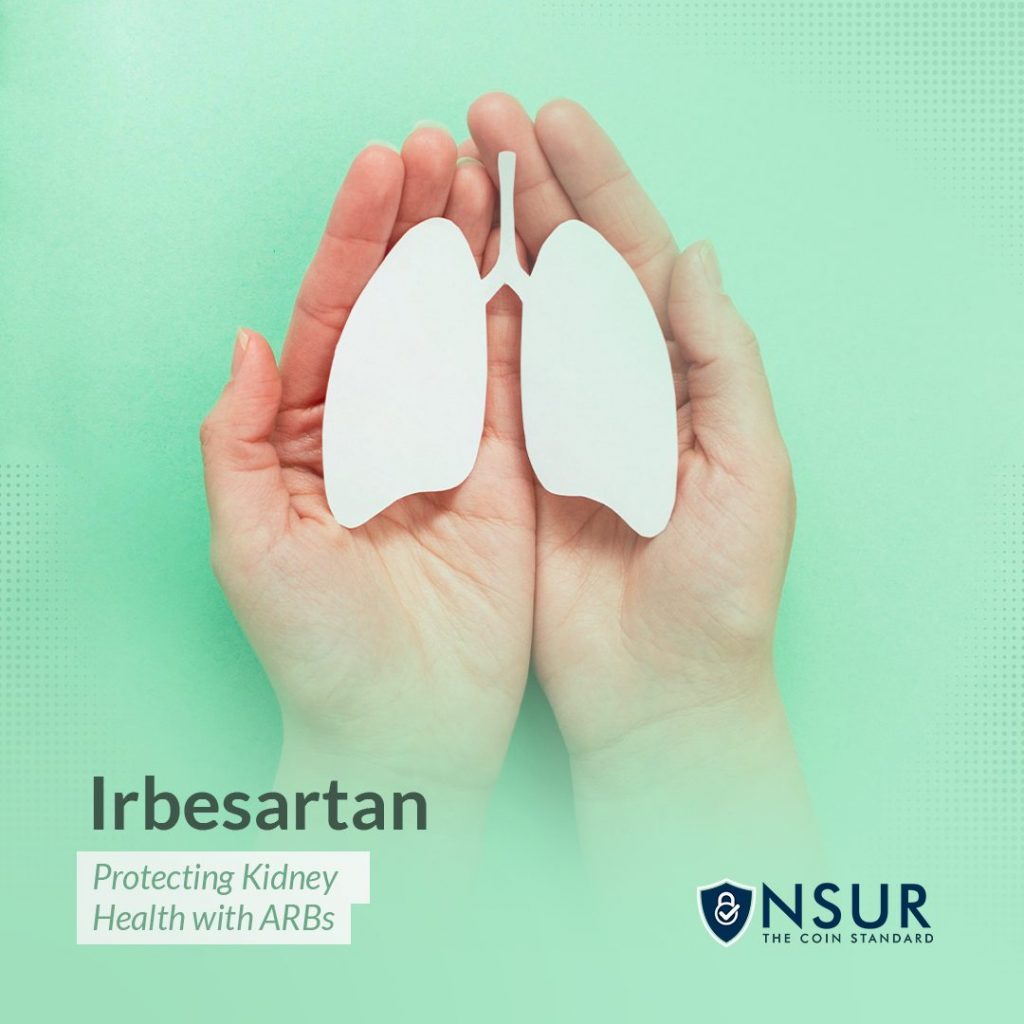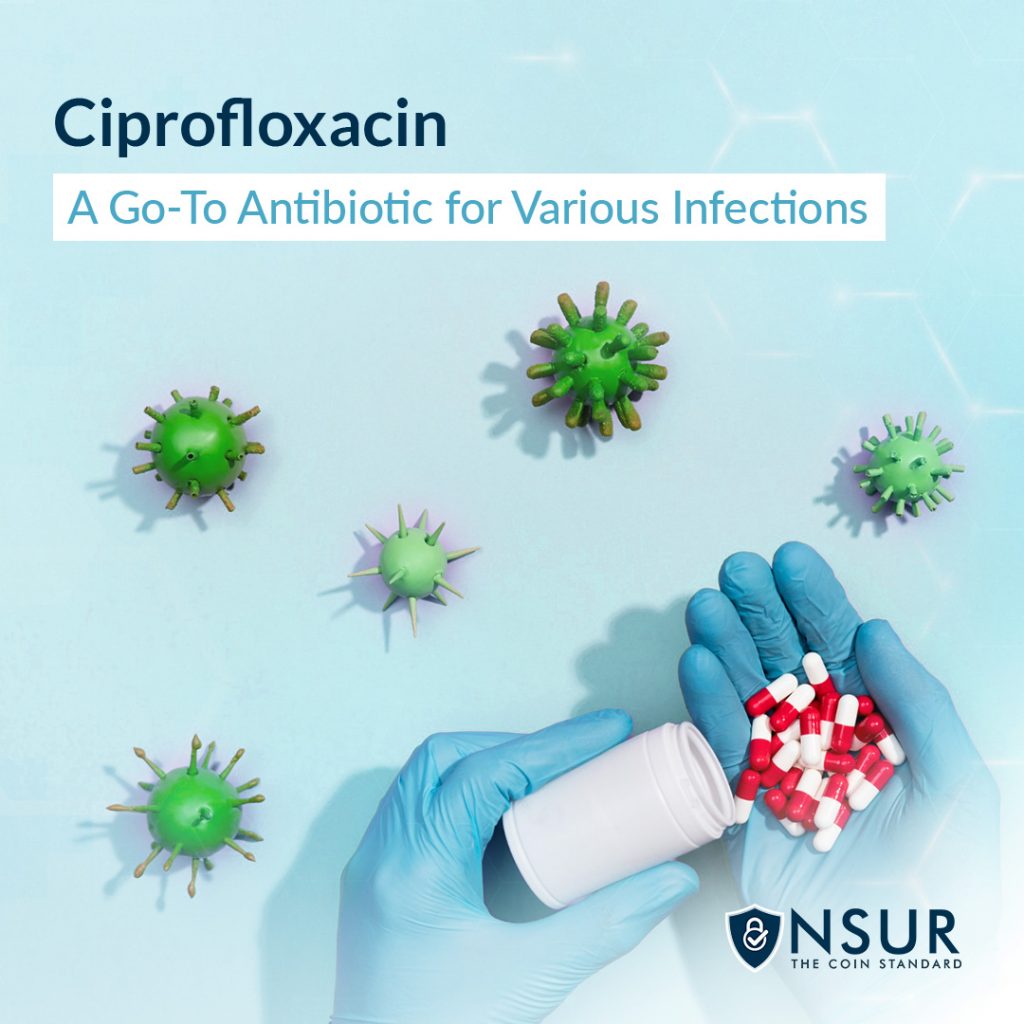
Ibrance is the brand name for the generic medicine palbociclib, which is used to treat some forms of breast cancer. Ibrance is administered to postmenopausal women in conjunction with a hormone medication such as letrozole (Femara). In some cases, Ibrance is used with fulvestrant (Faslodex).
Ibrance, also known as Palbociclib targets two specific enzymes known as CDK4 and CDK6. CDK is an enzyme that is essential for cell division. CDK4/6 inhibitors block signals that promote the growth of malignant (cancerous) cells. Certain malignancies, such as hormone-receptor-positive breast cancer, are more likely to have CDK4/6 disruptions, and CDK 4/6 inhibitors may be part of the therapy strategy. CDK4/6 inhibitors are typically used in conjunction with hormonal treatment (such as an aromatase inhibitor or fulvestrant), however some may be used alone to treat hormone receptor-positive, HER2-negative metastatic breast cancer in pre-treated patients.
Benefits
- Ibrance is used to treat advanced or metastatic hormone-receptor-positive (HR+), human epidermal growth factor receptor 2 negative (HER2-) breast cancer in both men and women.
- For postmenopausal women or men who have never been treated with hormone treatment, ibrance is used in conjunction with an aromatase inhibitor. It is also allowed for use with fulvestrant in patients whose illness worsens after using an aromatase inhibitor. To decrease ovarian function in women who have not achieved menopause, Ibrance is used with fulvestrant treatment and a luteinizing hormone-releasing hormone (LHRH) agonist.
- Ibrance is administered orally as a pill or tablet.
- Ibrance pills and capsules are available in three strengths: 125 mg, 100 mg, and 75 mg.
- In general, the adverse effects of Ibrance are milder than those associated with chemotherapy.
- There is no need to alter the dose for individuals with mild or moderate hepatic impairment (Child-Pugh classifications A and B).
- There is no need to change the dose for mild, moderate, or severe renal impairment (CrCl >15 mL/min).
Warnings
Ibrance has an effect on your lungs or immune system. You may become more susceptible to infections, including serious or deadly diseases. If you develop a fever, chills, chest discomfort, shortness of breath, or a cough with or without mucus, contact your doctor.
Side Effects
- Fatigue and gastrointestinal disorders such as nausea, diarrhea, and vomiting are common side effects. Low white blood cell counts can cause neutropenia and leukopenia, while anemia and thrombocytopenia are less prevalent.
- Ibrance may impair your body’s capacity to fight infections owing to low white blood cell counts, or it may cause lung issues such as inflammation (pneumonitis).
- Ibrance is more likely to result in hair thinning than total hair loss.
- During Ibrance therapy, blood counts must be monitored. Complete blood counts should be checked before starting Ibrance therapy and at the start of each cycle, as well as on Day 15 of the first two cycles and as clinically recommended. Patients with a maximum of Grade 1 or 2 neutropenia in the first 6 cycles will require further blood cell count monitoring. Withhold Ibrance for neutropenia of Grade 3 or above until the neutropenia returns to Grade 2 or less.
- In patients with severe interstitial lung disease (ILD)/pneumonitis, ibrance should be stopped completely.
- Ibrance interacts with a number of different drugs, including strong CYP3A inhibitors including clarithromycin, nefazodone, itraconazole, ketoconazole, atazanavir, and ritonavir. If no other medicine is available, lower the Ibrance dose to 75 mg once a day. If the powerful inhibitor is stopped, the Ibrance dosage must be raised after 3 to 5 half-lives of the inhibitor.
- Ibrance 75 mg once a day for 21 consecutive days out of a 28-day cycle is advised for severe hepatic impairment (Child-Pugh class C).
- If taken during pregnancy, ibrance may cause fetal damage and should not be given to pregnant women. Breastfeeding is also not advised.
Take advantage of NSURx for your prescription drugs!
With the NSURx Prescription Benefit Card, you can save money on your Ibrance medications at more than 35,000 pharmacies across the United States.
You can save up to 80% on your medication by using an NSURx card. Hundreds of dollars in savings could be yours every time you fill out your prescription.
The more you shop with NSURx, the more NSUR Coins you will receive as a reward.
Reference:











